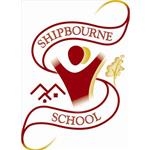History curriculum
A well-sequenced primary history curriculum, created by subject experts for teachers of all levels of confidence. Teach it as it is, or use Maestro, to adapt and localise.
A broad range of engaging history projects with hundreds of adaptable lesson plans and supporting resources. Based on a robust progression framework with integrated live assessment, end-of-project low-stakes quizzes, knowledge organisers and ongoing, free online support, this curriculum gives primary teachers everything they need to teach history with confidence.
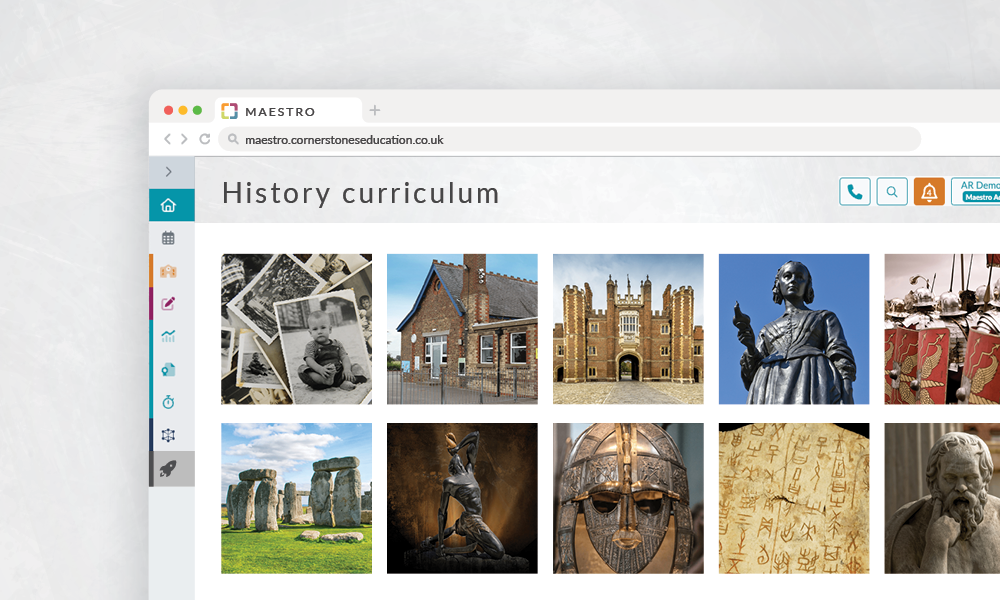
A wide range of historical periods.
Chronological British history.
Wider world and local history.
Disciplinary, substantive knowledge and skills.
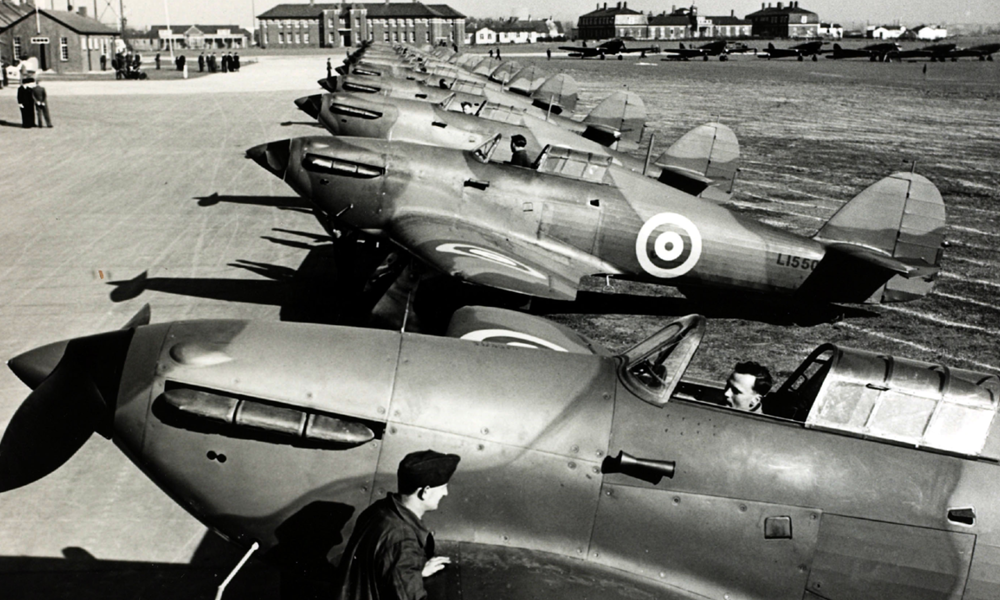
A broad range of historical periods
This curriculum provides opportunities for children to study aspects of the past in overview and depth. Planning enables teachers to teach critical historical themes such as monarchy, power and hierarchy throughout various historical periods and civilisations. Provides schools with the confidence of covering all key topics and periods of the national curriculum.
Develops children’s understanding of historical narrative and chronology
Built on a strong historical narrative, which helps teachers develop children’s frameworks for understanding the past. With a robust and well-sequenced underpinning subject framework, teachers can use a range of rich historical contexts to support children’s chronological understanding.
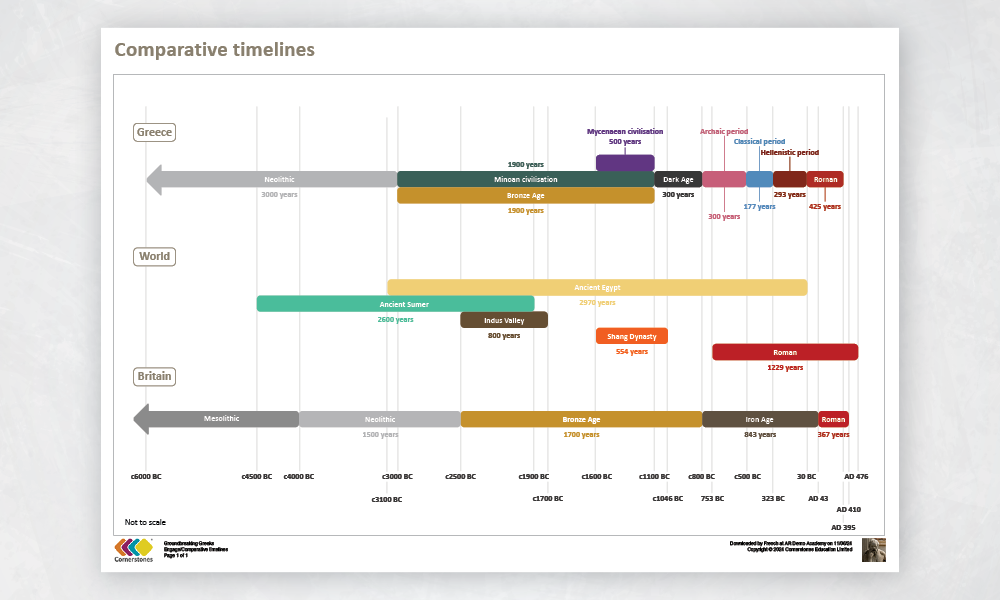

School-based local history
We know teachers value the freedom to shape their own curriculum – this is especially true for local history. Using the functionality of Maestro, schools can adapt the content provided or simply substitute a school-based or local history study into the curriculum’s sequence.
Reflects the diverse contribution of different groups
Prepares children for life in modern times by developing their understanding of the role, contribution and importance of different groups of people. Teachers can teach sensitive topics using expertly planned lessons and resources.
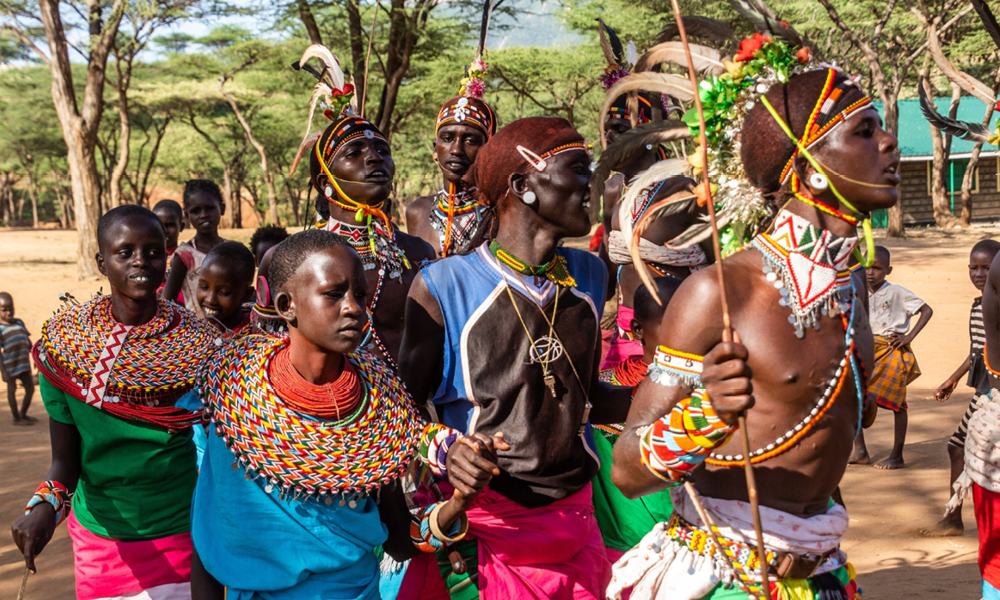
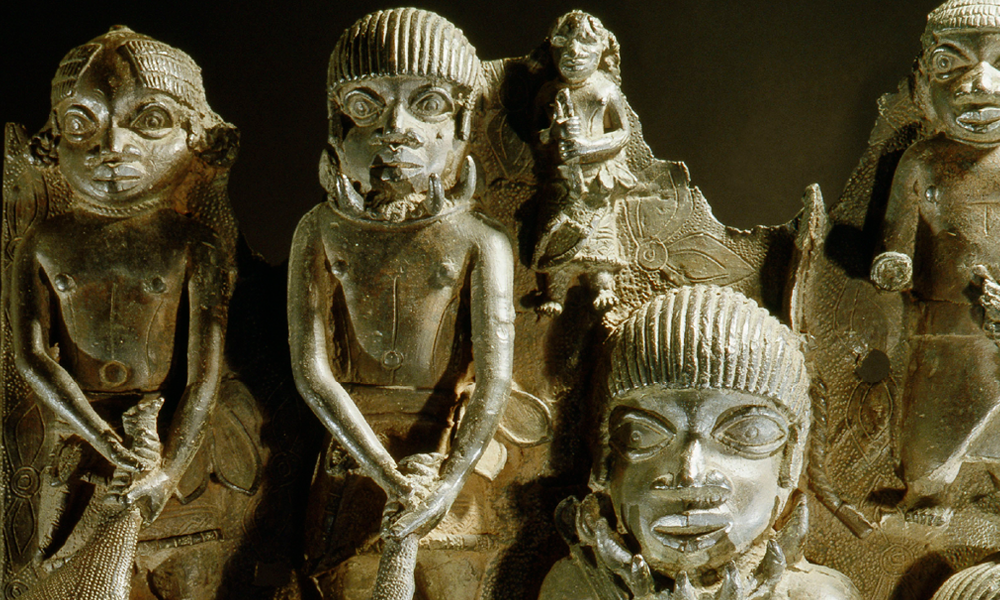
Quality historical artefacts
Providing examples of actual historical artefacts is critical to developing children’s understanding of how people lived in the past. Yet, it is often difficult for teachers to source quality resources. The supporting resources of the curriculum use only the best images, photographs and artist’s impressions of historical times.
Quick and easy integrated assessment
Use our quick and easy integrated assessment tools to check and record whether children have remembered what they have learned in any lesson. This curriculum also includes end-of-topic low-stakes quizzes to help you build an accurate picture of children’s progress across your entire art curriculum.
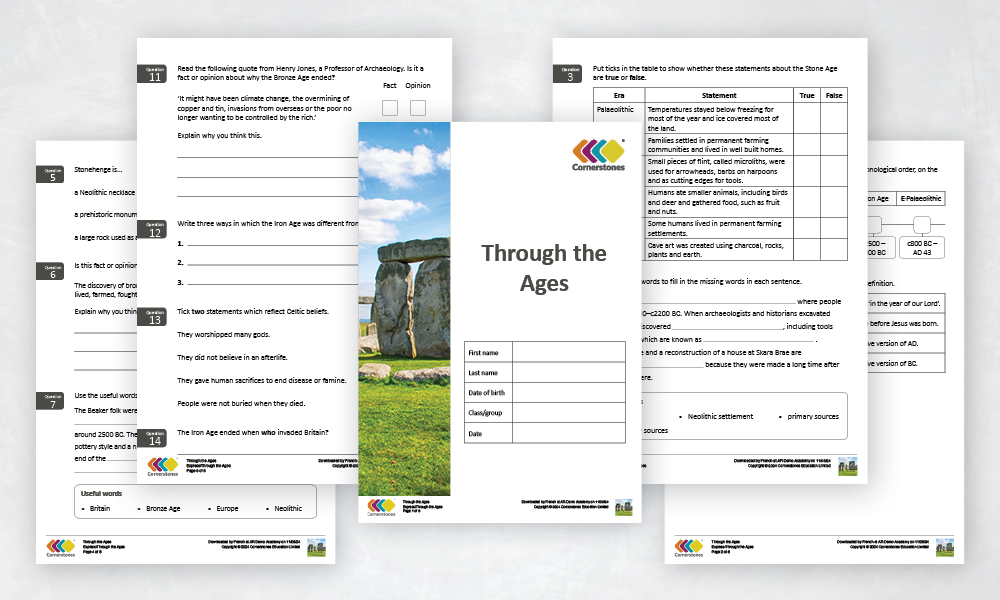

Free online support for subject leaders
Ongoing support for subject leaders and teachers including answering your queries, online training, one to one support and more. We’re here to help.

Discover More!
No two schools are the same. If you would like to find out how we could help your school, please book in a friendly consultation with one of our curriculum advisers today.
“Curriculum Maestro has been central to the development of our curriculum as a very small school with mixed-age classes. Our workload has decreased, and it is partly down to Maestro that we achieved our latest Ofsted curriculum recognition.”
Terri Daters, Headteacher
Shipbourne School
